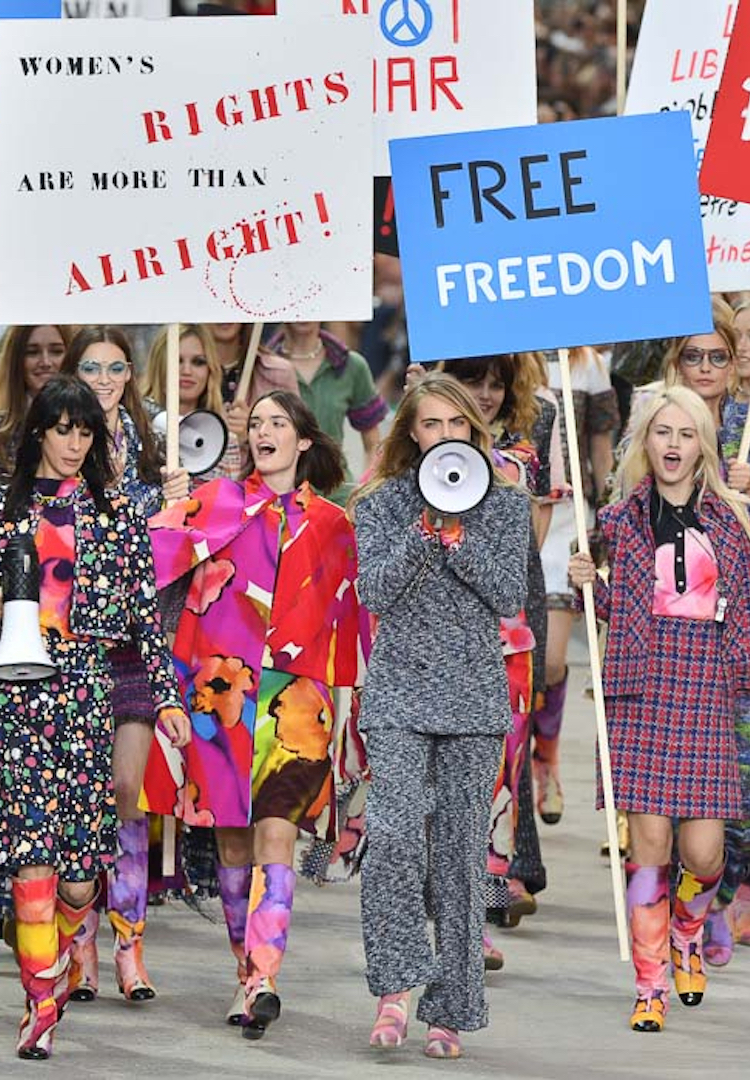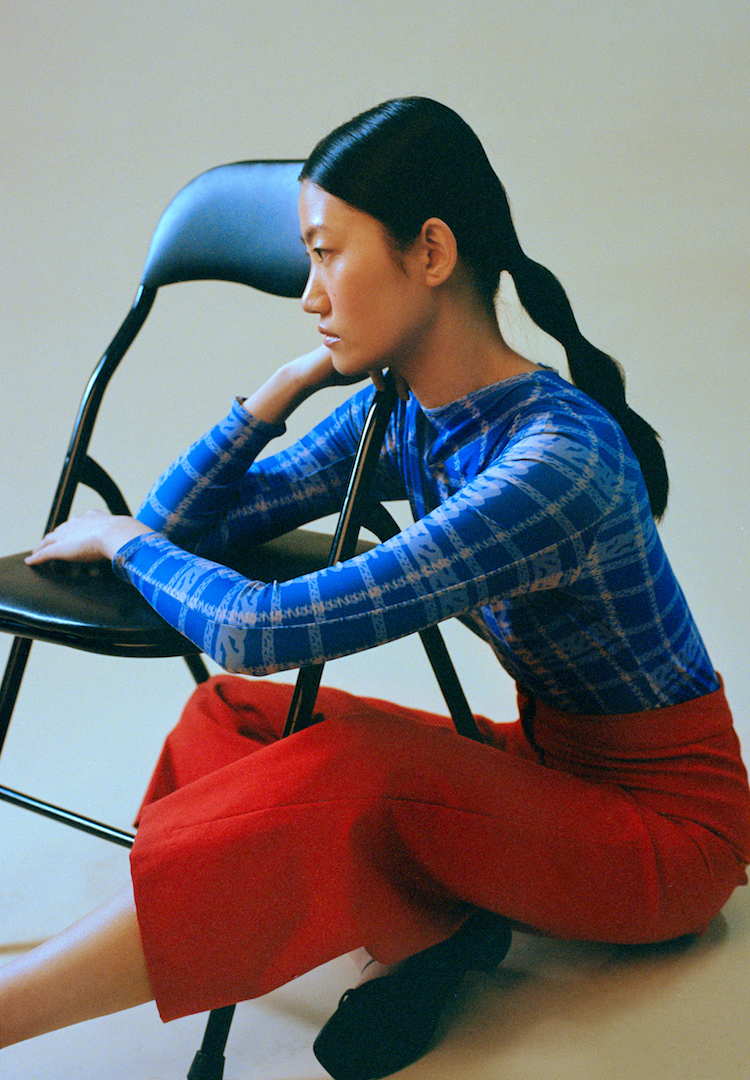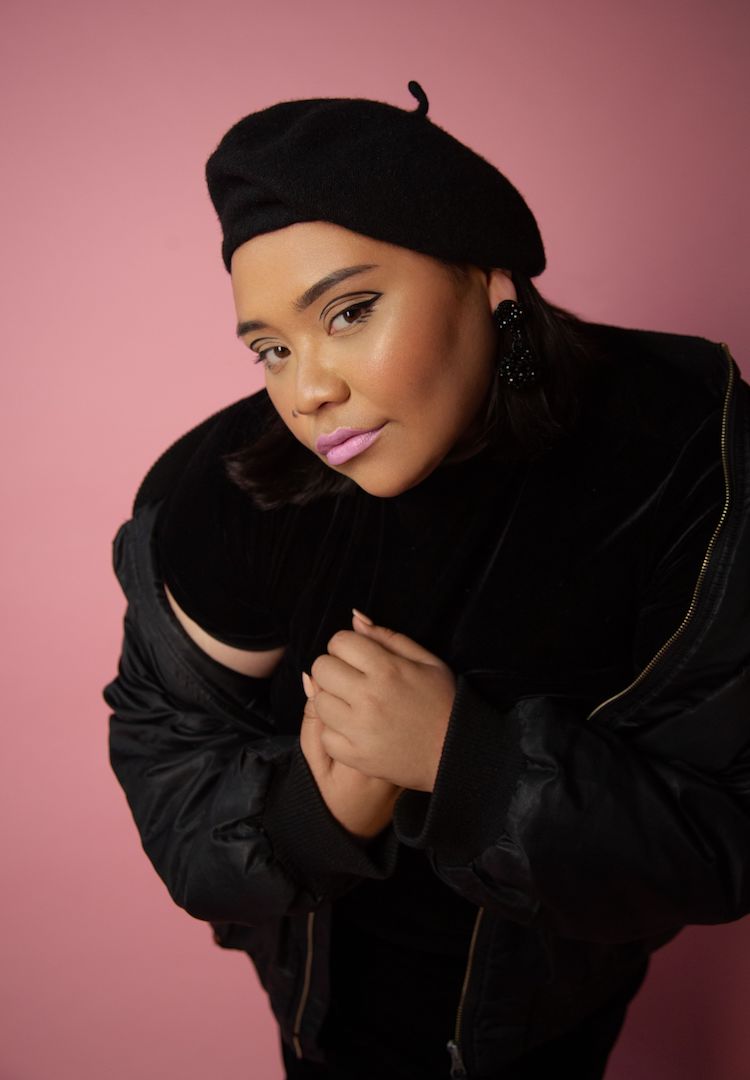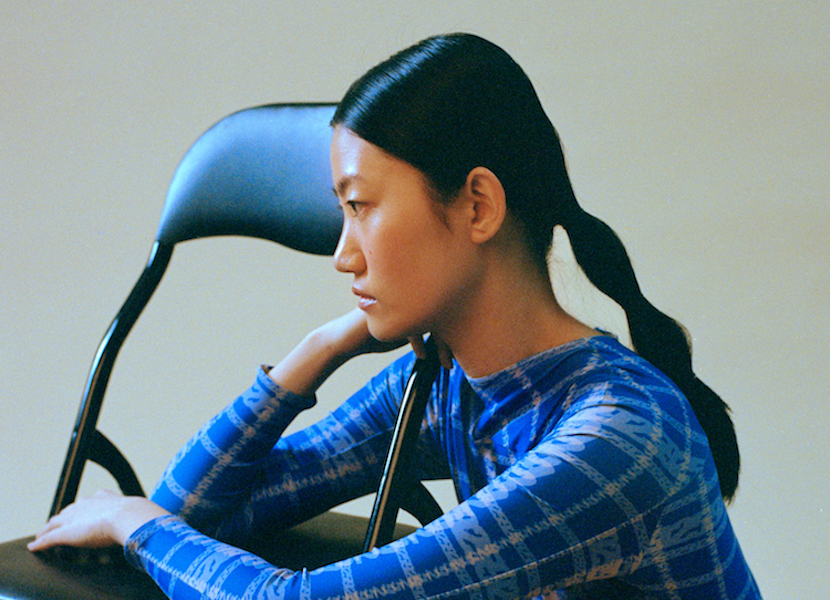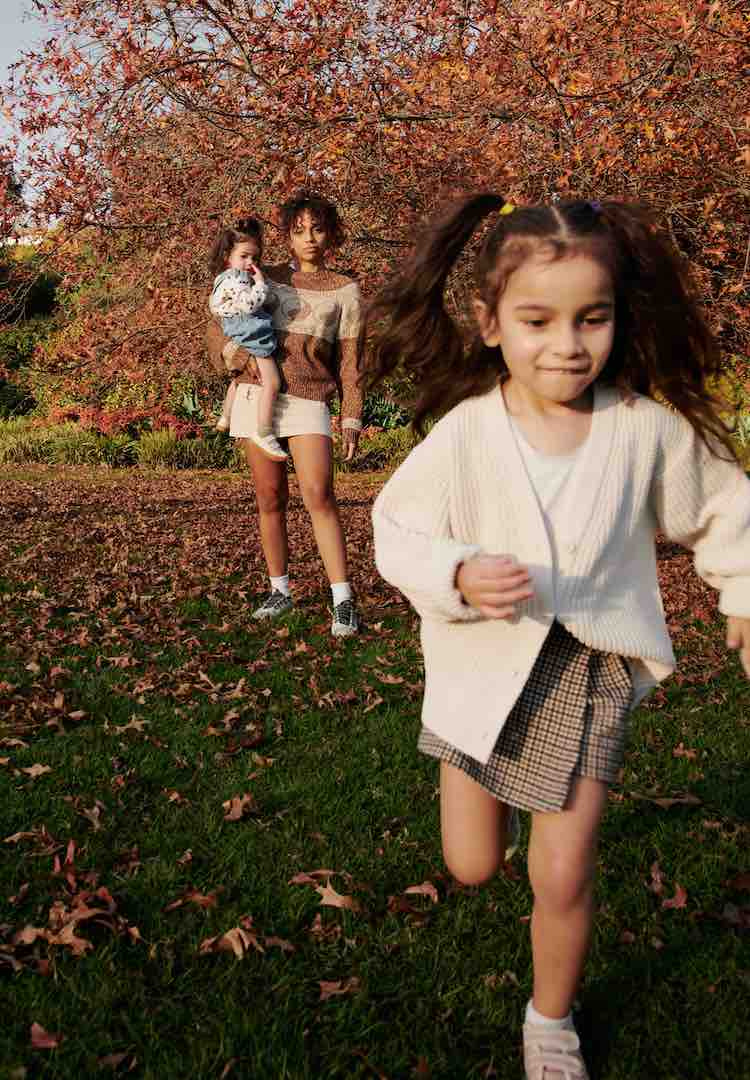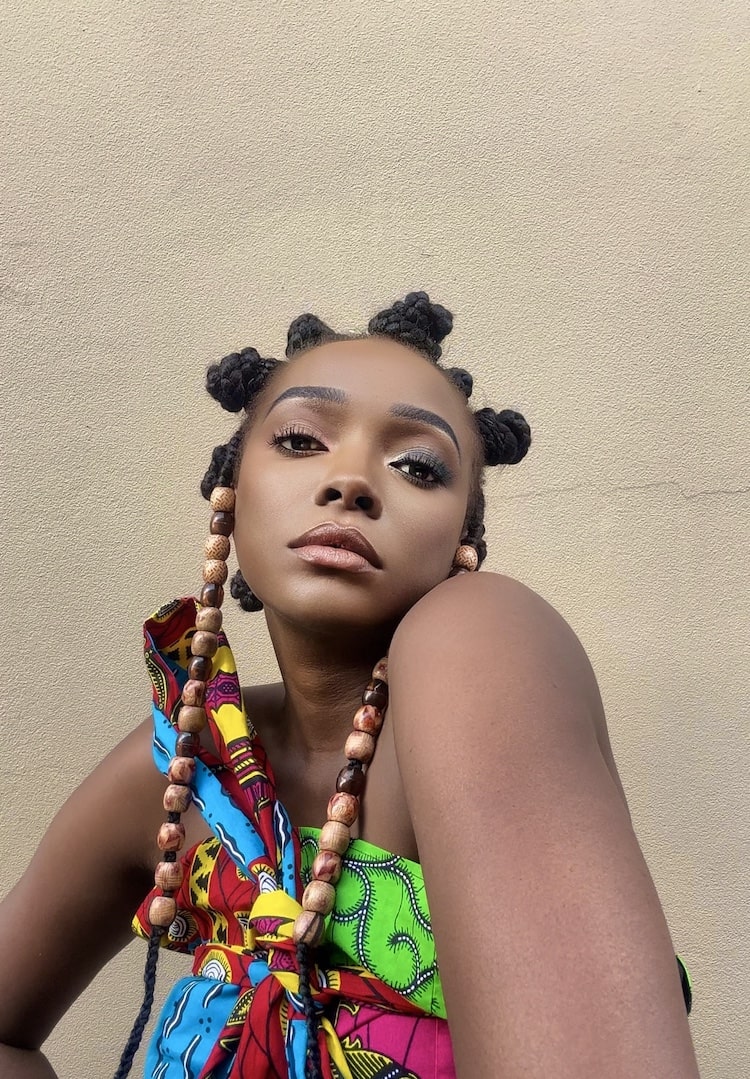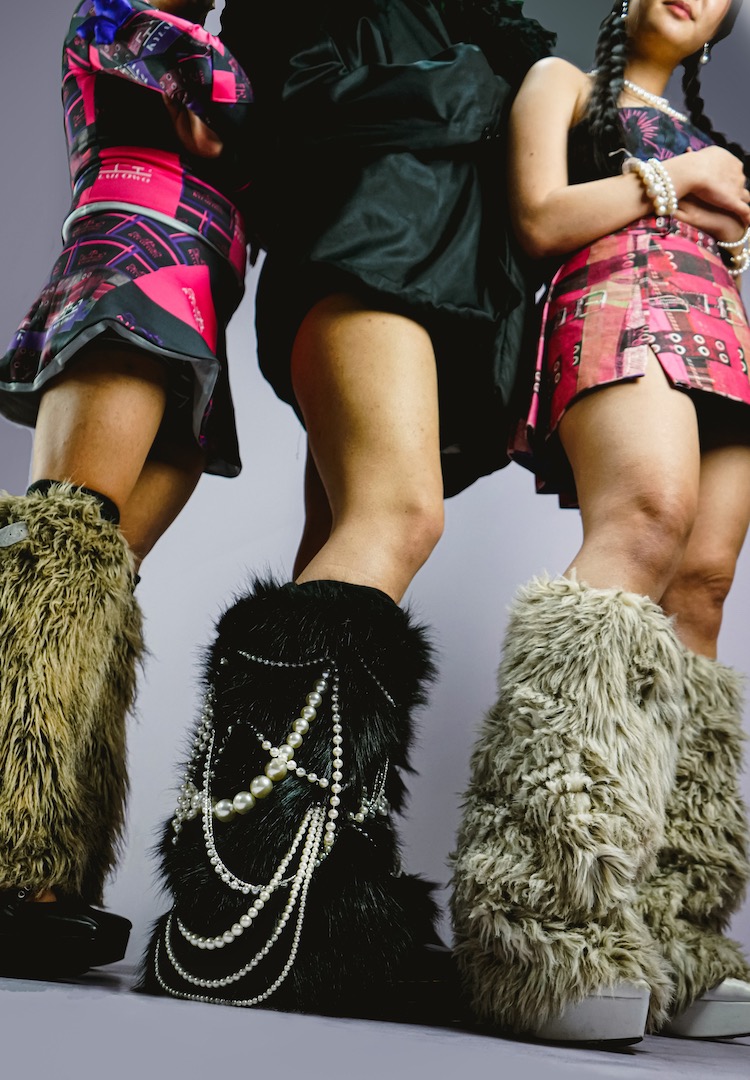Activism burnout is a real thing, here’s how to prevent it
PHOTOGRAPHY BY TASHA TYLEE
WORDS BY MAGGIE ZHOU
Because long-term systemic change is the goal.
The Black Lives Matter movement has been thrown into the spotlight this past week and permeated every corner of social media and, for many of us, has us working through some complicated ideas and thoughts.
It’s important to remember that the unjust deaths of George Floyd, Breonna Taylor and David Dungay Jr. are not isolated incidents. In fact, they’re nothing to be surprised about. The Black Lives Matter movement was founded in 2013, and the murdering of Black and Indigenous peoples has been a recurring offence on our soil and overseas for hundreds of years.
For many, particularly non-Black POC and white people, the events of the past two weeks have been eye-opening – collectively, the scales have fallen from our eyes. But for people of colour, especially Black or Indigenous people, racism and police brutality have been an inescapable lived reality for their entire lives.
There’s a mixed bag of feelings being experienced by non-black POC and white allies right now – sadness, resentment, anger, guilt, disgust – and they’re all understandable reactions.
As we rush to learn more, donate more, discuss more, dismantle more, we risk treating this systematic oppression as some sort of last-minute exam cram.
No, everything won’t be fixed after a week of Instagram reposting, or after reading a few books written by Black authors. If you’re in it, you’re in it for the long haul. The dismantling of white supremacy and having a proactive drive to be anti-racist will be a long, tough journey. It’ll look like lost friends, angry conversations and inescapable feelings of despair.
Goreng Goreng artist and activist Rachael Sarra says, “We have 250 years of deep-rooted oppression in this country. This won’t change overnight. It needs to be reflected in our thinking, our actions, our learning, our policies.”
Activism burnout is extremely common. Talking to VICE, Paul Gorski, activist and founder of Equity Literacy Institute, said, “Activists have this sense of urgency about dismantling these huge systems of power, and when that comes up against how slow change can be and all the barriers that pop up along the way, it can cause burnout.”
More distressingly, a 2015 paper found that roughly half of the 22 activists interviewed who reported experiencing burnout actually left their movements for good. So why does self-care in this climate seem trivial at best, and offensive and self-serving at worst?
When First Nations people are literally dying in custody in our country, it may feel insensitive to exercise mental health care by having a bath, meditating or lighting a candle. But this mindset needs to change. As the American writer and activist Audre Lorde once said, “Caring for myself is self-preservation and that is an act of political warfare.”
We can’t pour from an empty cup. We need to ensure we care for ourselves so we can sustain ourselves for long-term motivation and change. This isn’t a sprint, it’s an exhausting marathon. And like every good runner, you’ve got to train and be prepared.
Identify your feelings
With the constant flow of information at the tips of our fingertips, it’s easy to fall into the trap of overloading yourself with information without allowing yourself the time and space to pause for reflection.
While there might be some numbness and avoidance of emotions, it’s healthy to face up to what you’re feeling whether that be sadness, anger, anxiety or hopelessness. Journaling it out or talking to close friends may be a good way to coax these emotions out.
Set plans and goals
The desire to see quick solutions is a hindrance to real, genuine activism, but implementing small, actionable tasks will help lift the weight of this burden.
Make lists that assist long-term change. For instance, set up a monthly donation scheme with a charity, write down a list of books and films you’d like to consume and how many you can realistically finish within a certain timeframe. This planning will hold you accountable but will also help reassure you that you are contributing to the cause.
Allow yourself to step away
It’s a privilege to be able to step away from a screen and ‘turn off’ the discourse around racism. But too much screen time can be unhealthy, damaging and counterproductive.
Basic mental health practices such as getting fresh air, exercising and eating nourishing food should still be prioritised. Don’t riddle yourself with guilt, instead, turn to activities and hobbies that can also give you a boost of fulfilment, like baking or gardening.
Talk to trusted social circles
Instead of voicing your feelings publicly on social media, it’s best to turn to a safe space like a close group of friends. For non-Black people, publicising your emotions about BLM may be viewed as insensitive and centring the narrative around yourself.
Talking about these emotions, coping mechanisms, resources and tangible ways you can show your support within these private groups is so important. Remember, you’re not in this alone.
Seek professional help
Through Medicare, Australians are able to claim up to 10 sessions each year with a mental health professional. Many high schools and universities also offer free counselling. Headspace, Beyond Blue, Lifeline, Head to Health and Black Dog Institute are other supportive organisations.
If you are looking for Black-focused support networks for yourself or (if you’re white or a non-Black POC) you’re looking for resources that might help your Black friends, here is a selection:

